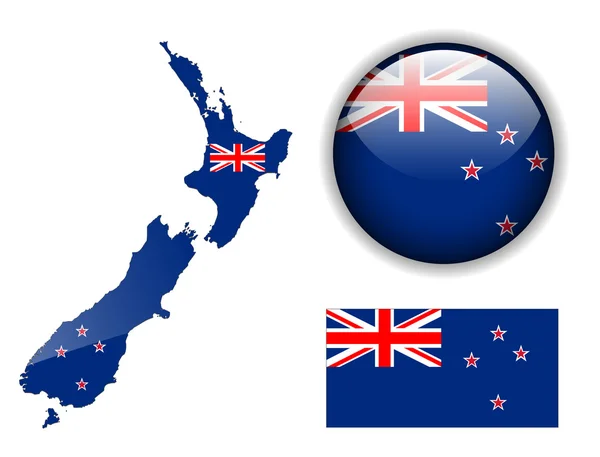
In the wake of the COVID-19 pandemic, the retail industry has undergone seismic shifts, transforming consumer behavior and expectations in profound ways. One of the most significant areas impacted is brand loyalty. Traditionally, brand loyalty was often associated with repeat purchases and emotional connections between consumers and their preferred brands. However, in this post-pandemic retail market, the definition of brand loyalty is evolving rapidly. Redefining brand loyalty requires understanding the shifts in consumer behavior and priorities that have occurred due to the pandemic.
Here’s how the retail landscape has shifted post-pandemic and discover innovative strategies for redefining brand loyalty:
Emphasise Safety and Trust
Consumers now prioritise safety and trust more than ever. Brands need to demonstrate their commitment to safety measures, such as stringent cleaning protocols, contactless transactions, and transparent communication about health practices. Building trust through these actions can enhance brand loyalty.
Adaptability and Flexibility
The pandemic has accelerated changes in consumer preferences and behaviors. Brands should remain adaptable and flexible to meet evolving needs. This might involve offering flexible return policies, alternative shopping options like curbside pickup or delivery, and quickly adjusting product offerings based on demand.
Digital Transformation
The shift towards online shopping has been accelerated by the pandemic. Investing in a seamless digital experience, including user-friendly websites, mobile apps, and personalised recommendations, can help retain customers and foster loyalty in the digital space.
Community Engagement and Social Responsibility
Brands that actively engage with their communities and demonstrate social responsibility are likely to earn loyalty from consumers who value corporate citisenship. This could involve supporting local communities, sustainability initiatives, or charitable causes aligned with the brand’s values.
Personalisation and Customer Experience
Tailoring the shopping experience to individual preferences can enhance brand loyalty. Leveraging data analytics and AI technologies to personalize product recommendations, promotions, and communications can create a more engaging and relevant experience for customers.
Focus on Value and Convenience
Price sensitivity has increased for many consumers in the wake of economic uncertainty. Offering value-driven pricing strategies, such as discounts, loyalty rewards, or subscription services, can help retain price-conscious customers. Additionally, prioritising convenience in terms of ease of purchase, fast shipping, and hassle-free returns can strengthen brand loyalty.
Emotional Connection
Building emotional connections with customers can foster long-term loyalty. Brands that resonate with consumers on a deeper level by aligning with their values, aspirations, or lifestyle choices can create stronger bonds that withstand market fluctuations.
Feedback and Communication
Actively soliciting feedback from customers and responding to their concerns or suggestions demonstrates a commitment to customer satisfaction. Open and transparent communication channels can foster trust and loyalty by showing that the brand values customer input and is responsive to their needs.
Conclusion
By prioritising these specific points, brands can effectively redefine brand loyalty in post-pandemic retail environment, fostering stronger relationships with customers and ensuring long-term success in an evolving marketplace.


































